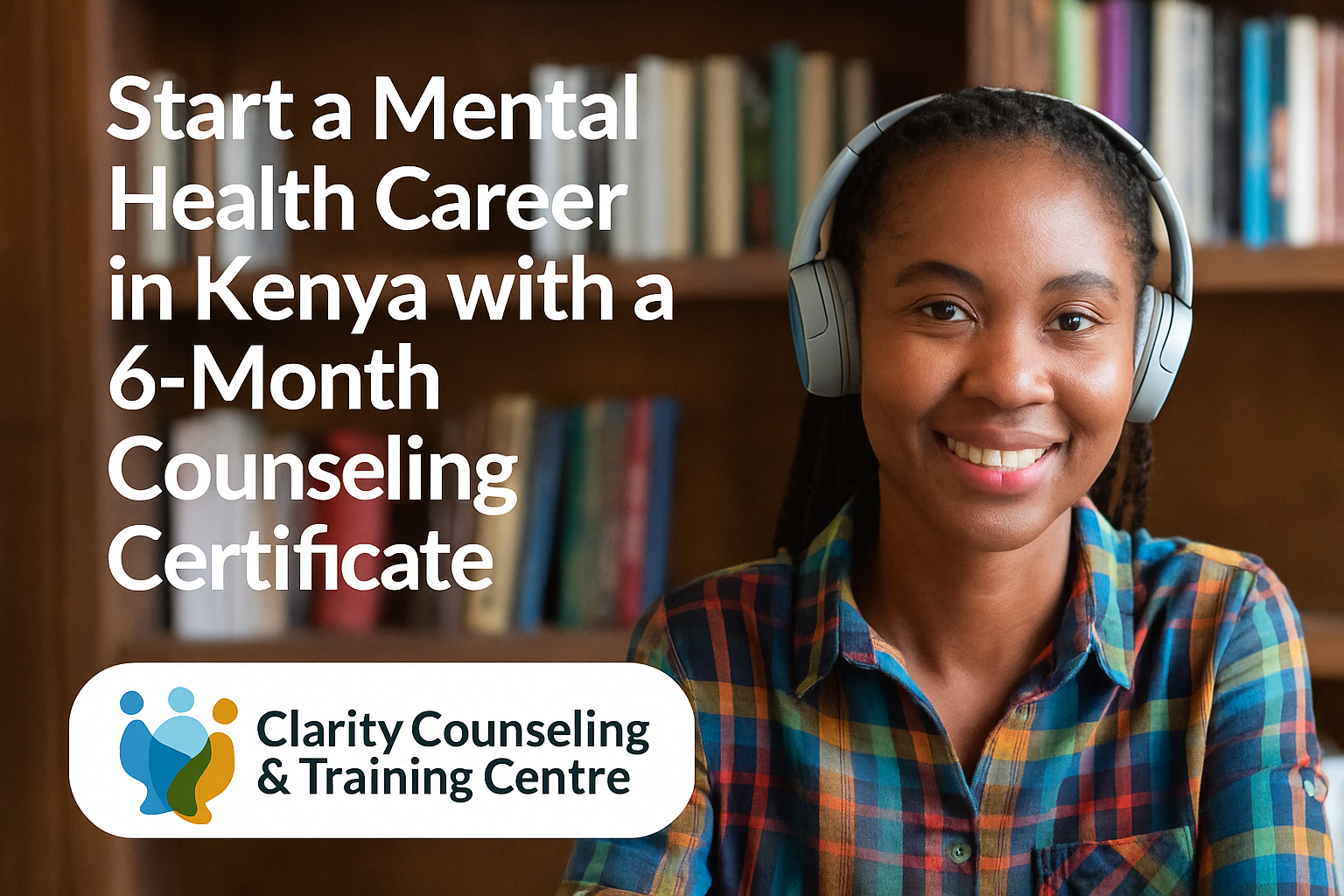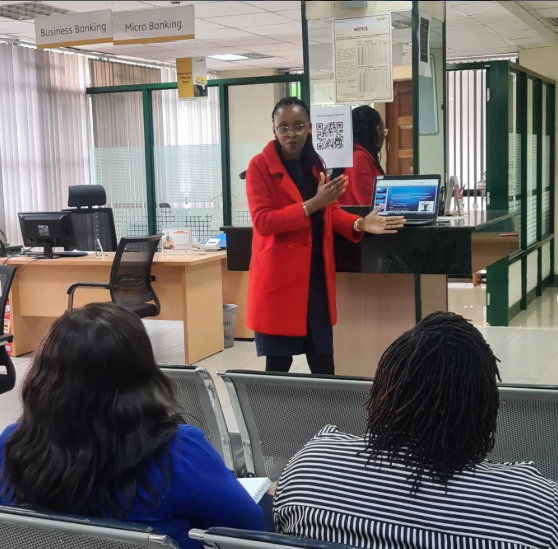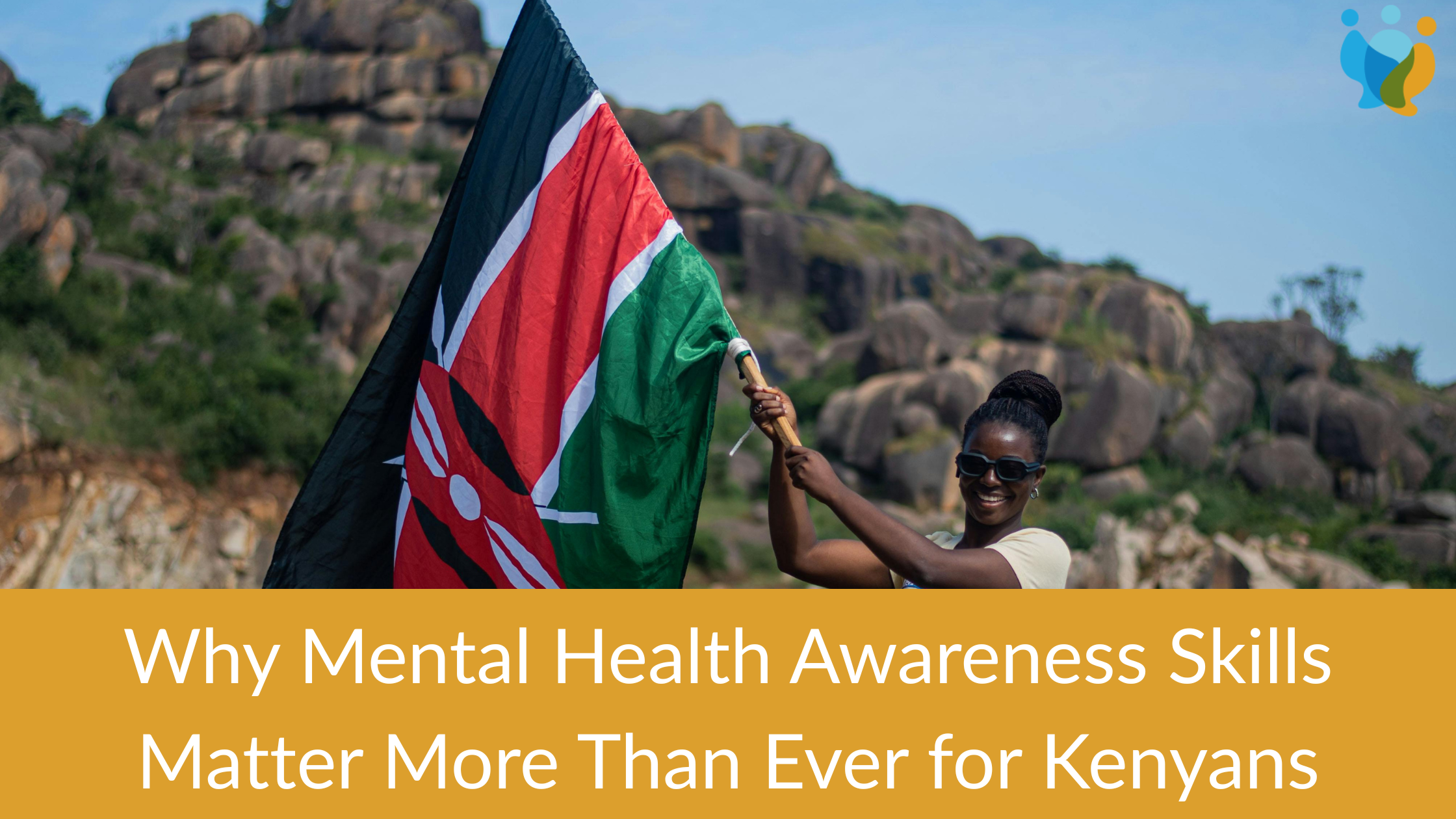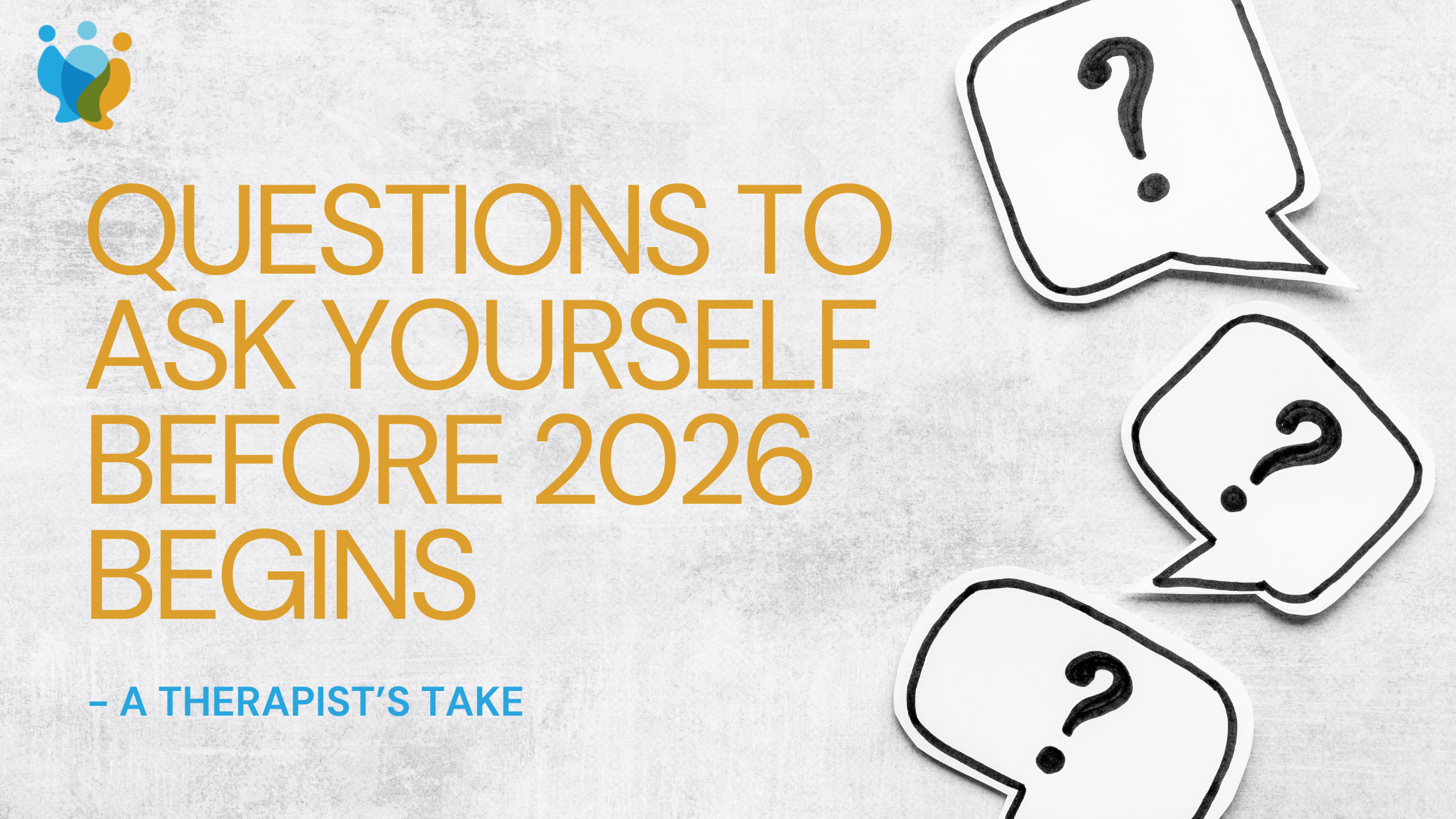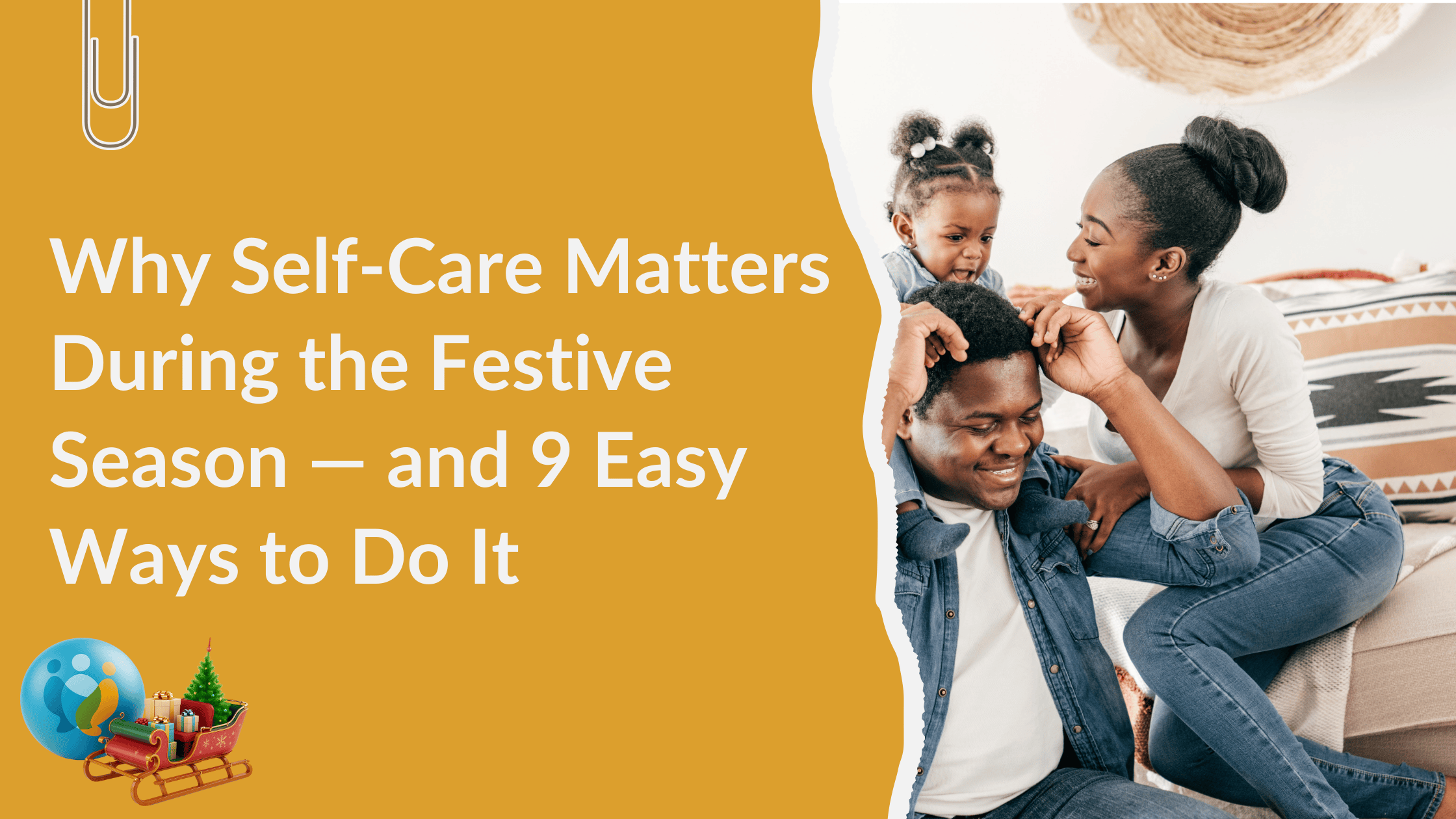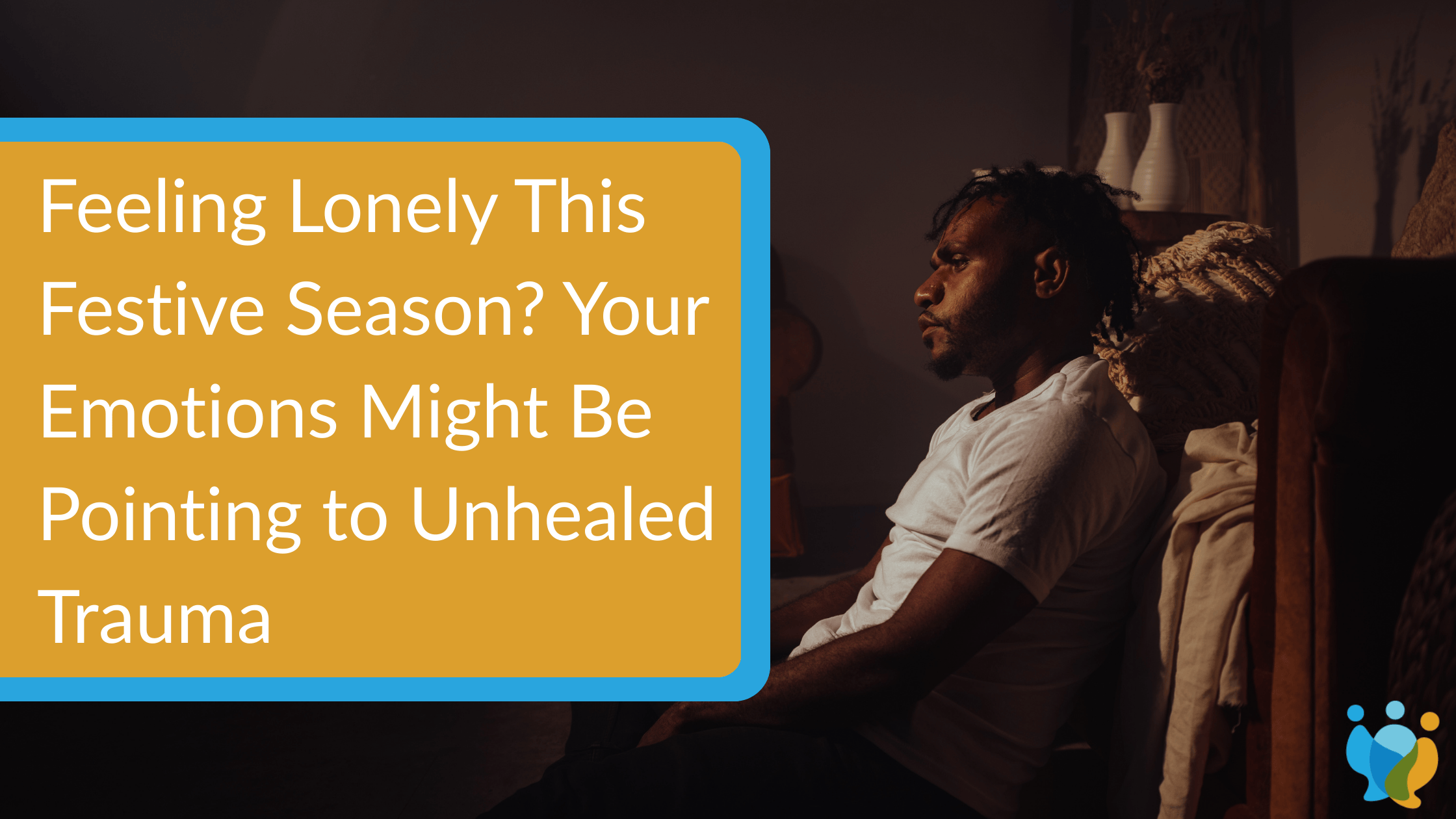What’s the Difference Between Therapy and Coaching?
At first glance, therapy and coaching may seem quite similar. Both involve speaking with a trained professional, both offer structured conversations, and both are meant to help you live better. But the core difference lies in the focus: therapy helps you heal, transform, and grow; coaching helps you achieve specific goals and improve your performance. Discover more differences below.

When is Therapy ideal?
Therapy is typically led by a licensed mental health professional, such as a Counselling psychologist or mental health counselor. Its purpose is to explore emotional pain, mental health struggles, or traumatic experiences. It often involves unpacking the past and present to better understand patterns of thought, behavior, and emotional response.
Therapy is especially helpful for those who might be struggling with depression, stress, anxiety, grief, PTSD, Life transitions, existential issues, or relationship challenges. It’s a protected, judgment-free space to sit with your pain and slowly untangle it.
When Coaching Makes More Sense
Coaching, by contrast, is forward-focused. It’s not about diagnosing a mental health issue, but about unlocking potential. Coaching is for those who are generally well but feel stuck or want support in achieving specific goals.
A coach doesn’t diagnose or treat mental illness. Instead, they ask powerful questions, challenge limiting beliefs, and help you build momentum toward your aspirations. Coaching might be perfect if you’re navigating a career transition, trying to boost your confidence, or acquiring certain skills such as public speaking.
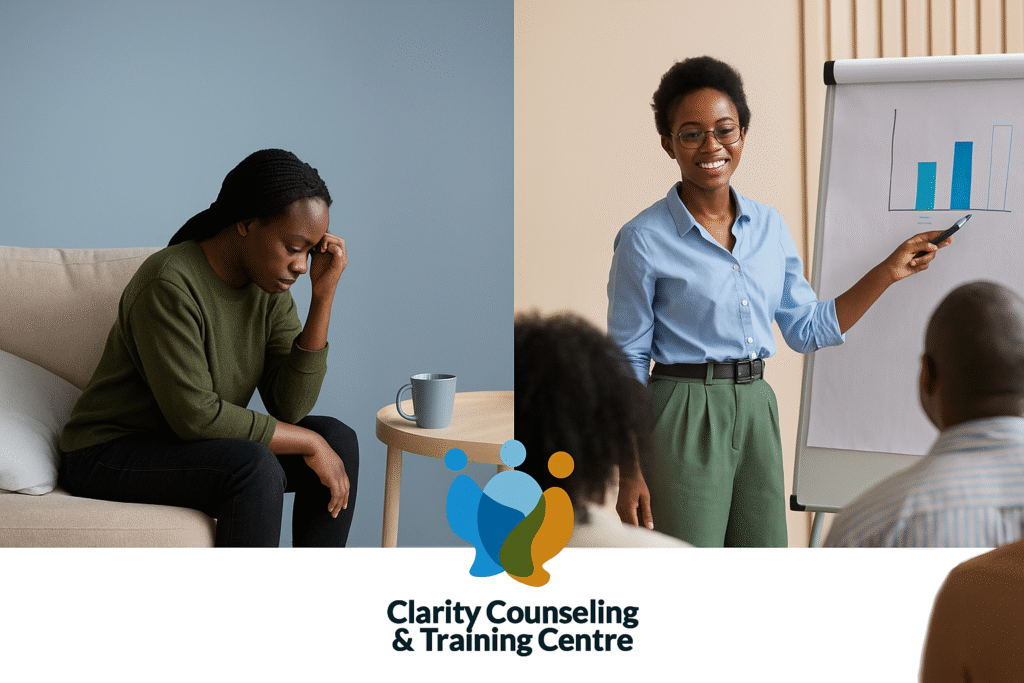
5 Signs You May Need Therapy
Sometimes the signs that you need therapy are subtle; other times they scream for attention. If you’re unsure whether your experience warrants therapy, consider these five clues.
1. You’re Dealing with Unresolved Trauma or Grief
Grief isn’t always loud. Sometimes it settles quietly into your bones and reshapes how you see the world. Maybe it’s the loss of a loved one, the loss of self in the trenches of dysfunctional relationships, a miscarriage, or a childhood experience that still haunts you in silence.
Therapy gives these unspoken hurts a voice. It allows you to process what happened, find words for what you feel, and start the long but healing journey back to wholeness.
2. You Feel Emotionally Overwhelmed or Numb
If you swing between sudden tears and complete detachment, therapy can help you understand why. Emotional numbness—feeling disconnected from yourself or the people you love—is often a survival response.
It’s your mind’s way of protecting you when things feel too big to handle. But it doesn’t have to be your permanent state. Therapy in Kenya, especially with trained professionals at counselling centres in Nairobi, can help you safely thaw out and begin to feel again.
3. Anxiety, Depression, or Panic Attacks are Part of Your Week
Everyone has bad days, but persistent sadness, dread, or fear isn’t something to brush off. If your thoughts keep spiraling, or if you dread mornings because your chest tightens at the thought of facing the day, a licensed therapist can guide you toward relief. You don’t need to wait until you’re barely functioning.
4. Your Relationships are a Constant Source of Distress
Maybe you’re married, but it feels like you’re speaking two different languages. Or perhaps you’re single, but every relationship ends the same way. Therapy helps identify relationship patterns, the ones you repeat even when they hurt you.
This can be especially powerful when combined with marriage counseling in Nairobi, where couples learn how to communicate, reconnect, and rebuild.
5. You’ve Tried Everything, and Nothing Works
Self-help books, long prayer sessions, motivational podcasts—you’ve done it all. But the pain keeps resurfacing. That’s often the moment when therapy becomes a lifeline. When external solutions no longer work, therapy invites you to go inward and explore the deeper roots of your struggle.

5 Signs You May Benefit From Coaching
While therapy is a healing space, coaching is a launching pad. If you’re not weighed down by emotional distress but feel unclear about your next steps, coaching might be your best ally.
1. You Have Clear Goals but Can’t Seem to Move Forward
You’ve mapped out your plans, maybe even written a vision board, but progress feels painfully slow.
A coach helps you break your goals into actionable steps and keeps you accountable. Whether you’re starting a business, considering counselling psychology courses in Kenya, or simply looking to manage time better, coaching helps turn dreams into plans.
2. You Feel Unfulfilled, Even Though Your Life “Looks Good.”
From the outside, you’re doing well. A good job, a stable relationship, maybe even a family. But deep down, something feels missing. This isn’t a crisis; it’s a sign that your soul is hungry for alignment. Coaching helps you reconnect with your values and craft a life that feels as good as it looks.
3. You Want to Build Confidence or Leadership Skills
Confidence isn’t just about public speaking or dressing well. It’s about trusting your voice, setting boundaries, and leading with conviction. Coaching helps you identify self-doubt patterns and replace them with clarity and courage.
This is especially helpful if you’re rising into leadership roles or navigating complex environments like Kenya’s NGO sector or schools.
4. You’re Ready to Take Ownership of Your Growth
Coaching works best when you’re ready to act. Unlike therapy, which may focus on healing deep wounds, coaching assumes you’re functional and looking to elevate. It’s like going from recovery to performance. Whether it’s preparing to apply for a job or launching a project, coaching gives you the mindset and momentum to execute.
5. You Need Someone to Challenge Your Comfort Zone
A great coach doesn’t just cheer you on —they challenge your assumptions. They call out your excuses lovingly and help you see what’s possible beyond your fears. That discomfort? It’s where the growth is.

What About Faith-Based Counseling or Pastoral Care?
In Kenya, where faith and community are deeply intertwined, many people find support through spiritual avenues. Faith-based counseling or pastoral care can be a meaningful path, especially when your questions involve spiritual confusion, moral dilemmas, or a sense of disconnection from God.
Pastoral counselors often blend psychological insights with spiritual guidance, offering a holistic perspective. They might pray with you, read Scripture with you, and help you reconnect with your faith in times of doubt or pain.
However, it’s important to know that not all pastoral care is trained or equipped to handle clinical mental health concerns. If you’re experiencing symptoms like prolonged anxiety, trauma flashbacks, or suicidal thoughts, pairing pastoral care with professional therapy is often the wisest approach.
Some pastoral counselors are certified therapists, which is ideal. Others offer loving support but not clinical expertise. Knowing the difference can help you choose the most effective help for your situation.
Can You Do Both Therapy and Coaching?
Yes, and many people do. Therapy and coaching aren’t rivals—they’re companions. Think of therapy as stabilizing your foundation, and coaching as building the house. You might start with therapy to address old wounds and patterns that hold you back, then transition to coaching once you feel emotionally grounded.
Or, you might begin coaching and realize deeper emotional struggles need attention, so you pivot to therapy.
Some of the best growth happens when you allow for both healing and action. For example, a mother seeking online counselling psychology courses in Kenya may work with a therapist to manage burnout and a coach to structure her study time.
The key is to remain open and responsive to your needs as they evolve. Some professionals offer both services or work in tandem with others to ensure you get comprehensive care.
How to Choose the Right Fit for You
If you’re standing at the crossroads, unsure whether to seek therapy or coaching, start by asking:
- What is the core challenge I’m facing?
- Do I feel emotionally unwell, or just unclear and stuck?
- Am I overwhelmed by past pain, or trying to plan for the future?
Consider Also
- Availability & Access: Therapy often requires licensed professionals and may be covered by insurance. Coaching is typically more flexible, but often paid out of pocket. In Kenya, many counselling centres in Nairobi offer sliding-scale rates or short-term programs to make therapy more accessible.
- Urgency & Depth: If you’re in crisis or experiencing prolonged emotional distress, start with therapy. If you’re functioning but seeking purpose, direction, or clarity, coaching can be transformative.
- Professional Support: You don’t have to figure it out alone. Many therapists and coaches offer free discovery sessions. Use that space to ask questions and sense the fit.
- Remember: emotional pain is not a prerequisite for support. Wanting more from your life is reason enough to seek help.
Clarity Counseling is Where to Begin If You’re Still Not Sure
Still unsure whether therapy or coaching is right for you? That’s okay. The most important thing is that you’re asking the question. If you’re in Nairobi, start by exploring local counseling centres such as Clarity Counseling, which offers both therapy and training.
Whether you need healing, growth, or something in between, there is support for you here. And the best part? You don’t have to figure it out alone. Reach out and ask questions. Book a discovery call with a trusted provider. Browse online counselling psychology courses in Kenya if you’re curious about the field itself.

